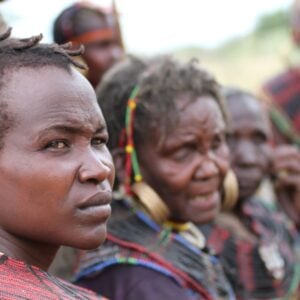FAO Zimbabwe has launched a five-day training programme on the Prevention of Sexual Exploitation and Abuse (PSEA) for contracted security personnel, aiming to protect the rights and dignity of programme beneficiaries and host communities. Held at FAO’s Harare offices, the sessions engaged 54 participants and sought to strengthen safeguarding awareness among frontline personnel while reinforcing FAO’s zero-tolerance stance on sexual misconduct.
Facilitated by Leticia Njowola, FAO Zimbabwe’s Operations Specialist and PSEA Focal Person, the training drew on the Director-General’s Bulletin No. 2024/10 and the Policy on Protection from SEA (AC 2024/09). Participants explored the distinctions between sexual exploitation, sexual abuse, and gender-based violence, and learned how to identify risks, report concerns, and respond appropriately to incidents. The sessions emphasized a survivor-centred approach, ensuring that victims’ rights, safety, and well-being remain the highest priority.
Security personnel play a critical role in maintaining safe spaces around FAO project sites. The training enhanced their understanding of PSEA, helping prevent potential risks and fostering a broader culture of integrity and respect across FAO-supported initiatives. Participants were introduced to confidential reporting mechanisms, including the Office of the Inspector General, the global misconduct hotline, and local support services, ensuring safe and prompt reporting of concerns.
FAO Zimbabwe’s PSEA initiative reflects the organization’s commitment to accountability, transparency, and ethical standards in humanitarian and development work. By equipping security personnel with the knowledge and tools to address SEA risks, FAO aims to protect the communities it serves and strengthen trust in its operations. Patrice Talla, FAO Subregional Coordinator for Southern Africa, highlighted that safeguarding is a shared responsibility and essential to upholding FAO’s values.







